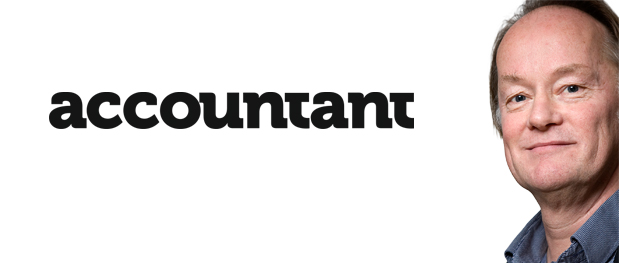Some things are hard to disagree with or oppose. Nice weather for example, tolerance, health, world peace. This is also the case with corporate social responsibility (CSR). Presumably all students who read this will have the ambition of acting socially responsible in their career. After all, life is not just about earning money, the intention of being a good citizen seems obvious as well..
Therefore, it is remarkable that this subject is on top of the ‘to-do’-list of a lot of organisations and (especially) advisors. Apparently, in practice it is not so obvious at all. However somewhat paradoxal, advisors and other CSR-advocates claim that corporate social responsibility – doing sustainable business – is obvious. It is supposed to be simply profitable. In the gibberish of modern management speak: CSR is a genuine ‘business case’. Not something for bearded naturalists and unworldly activists, but perfectly fitting within business interests.
The above paragraph might be confusing. The reader is not the one to blame, the reality concerning this theme is. Because it is confusing.
The first point of confusion is concerning the question why there should be made a ‘business case’ for CSR at all. Why is it not done as a matter of course, simply because it is good and (ethically) desirable? Even if it would cost money? Why look emphatically in the finances for an incentive to ’act good’?
The second point of confusion is in line with this. If financial motives are necessary for CSR, why should the ’business case’ be explained and ‘proven’ so elaborately? Entrepreneurs, accountants included, generally have a healthy common commercial sense. If the financial benefits are as evident as presumed, wouldn’t people have been doing sustainable business since the beginning of time? Without official policy, reportage, being supported by advisors and controlled by (among others) accountants?
In reality, of course, social desirable choices are not always financially beneficial as well. Certainly not in the short term. And financial benefits happen to be a strongly anchored human instinct, maybe even the second strongest. Economically it could be attractive to discharge your disposal in a river and to use ‘irresponsible’ labour and production methods. That is why we have laws and regulations.
Nevertheless, it is evident that sustainability is becoming an increasingly important issue for the choices of consumers, investors and therefore also companies. Socially undesirable behaviour can nowadays hardly be concealed, because of the digital transparency, and it thus will have a lasting impact on the behaviour of companies. No business wants ‘bad press’ or a consumer boycott. In this sense, acting properly is indeed a business case.
But the equilibrium is a fragile one. Because it only applies when there is a tangible risk of discovery. When there is no monitoring on public transport, more people will try fare evasion. Similarly, companies will be tempted to financially profitable but ‘wrong’ behaviour when discovery is unlikely.
Look at Volkswagen for example. Despite the almost touching corporate statement about sustainability and responsibility, this company still chose to deceive emission tests with their fiddle software, for commercial motives. And the exposure of other car producers is probably just a matter of time..
In the world of accountancy the same thing happens on a more modest scale. Recently, Dutch accountancy firms publicly ‘embraced’ the project to realise a change in culture (less commerce, more profession scepticism and a higher quality), but Deloitte and EY did already demonstrated that they do not sincerely care. For the ones who missed it: EY has been the auditor of Deloitte since 2003. In order to lead the way by good example Deloitte thought it would be nice if they got a new accountant, in accordance with the mandatory firm rotation that applies to their big clients. However, when it turned out that the successor, allegedly PwC, would no longer approve the ‘standing’ accounting practise of keeping a foundation with goodwill rights out of the books , Deloitte showed the newcomer the door and hastily returned to EY. (For those interested: read all about it at Accountant.nl)
Let’s not be cynical But be realistic. Human beings are not fundamentally ‘good’ of ‘bad’, but they can be tempted towards the ‘bad’ by the wrong incentives. Therefore, there are rules and controls. If (corporate) social responsible behaviour happens to be financially beneficial as well, so much the better. But an intrinsic motive, based on personal beliefs and own responsibilities, regardless of the financial effects, is better.
This also applies to accountants. Take a look into your wallet, but act primarily on the basis of what your own conscience and personal insight suggest. . And, crucial to retain credibility : put your money where your mouth is. When that result in financial revenues as well, awesome. But otherwise, you will at least sleep better. And there is another advantage: you will save money on advisors.

















